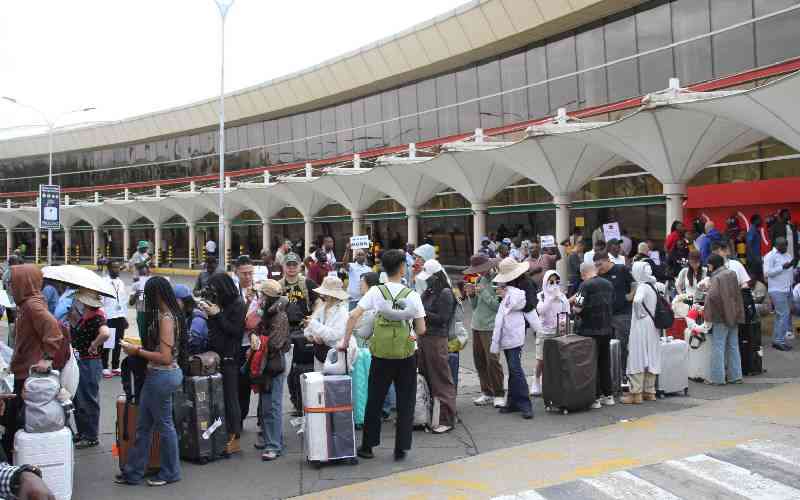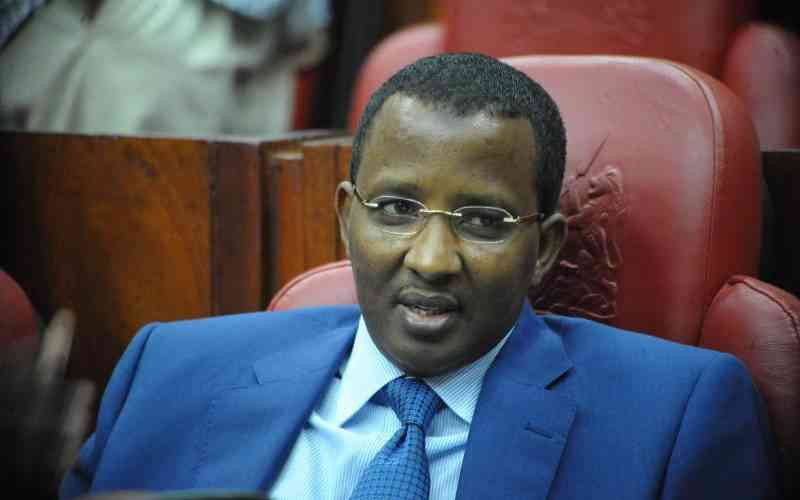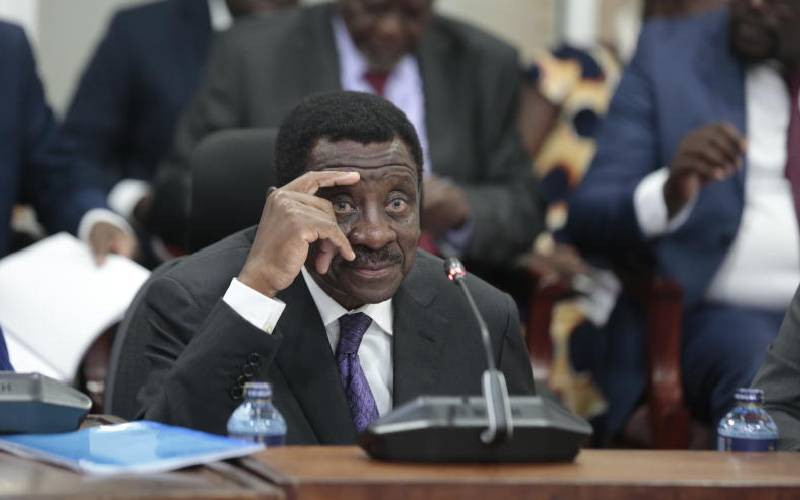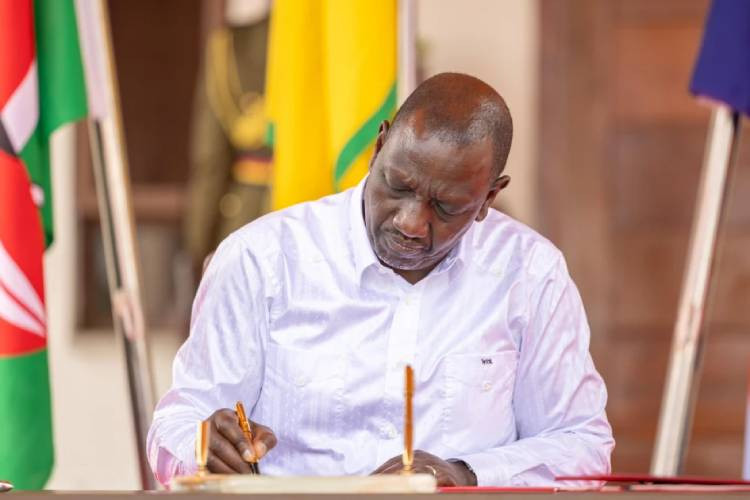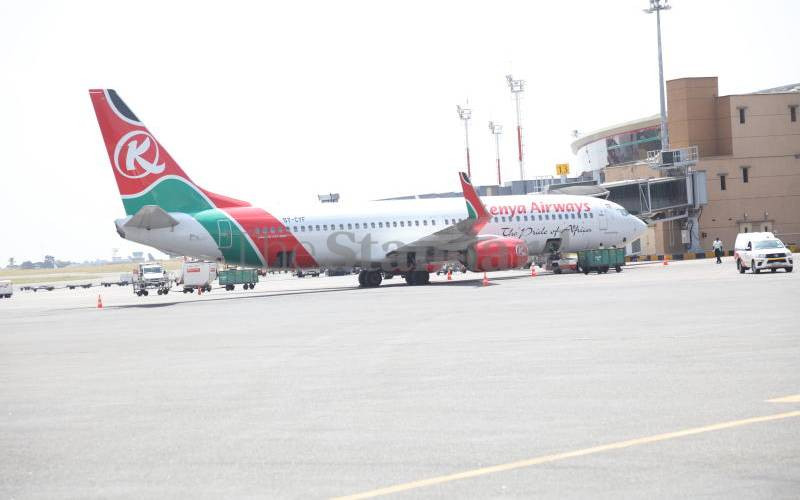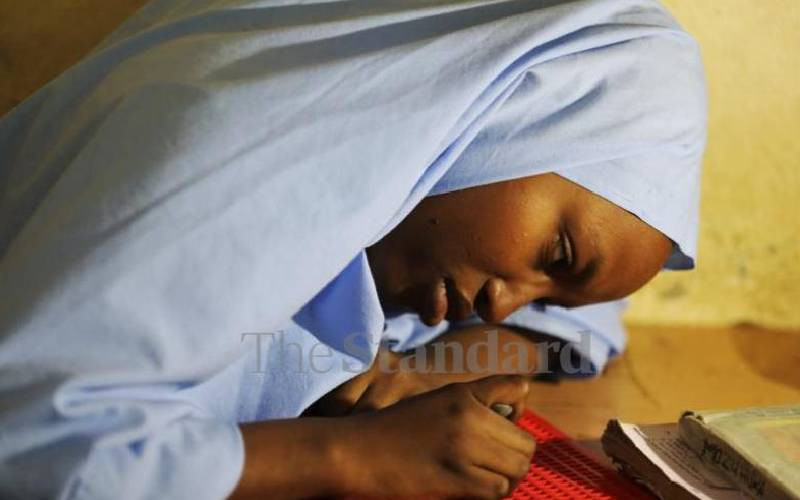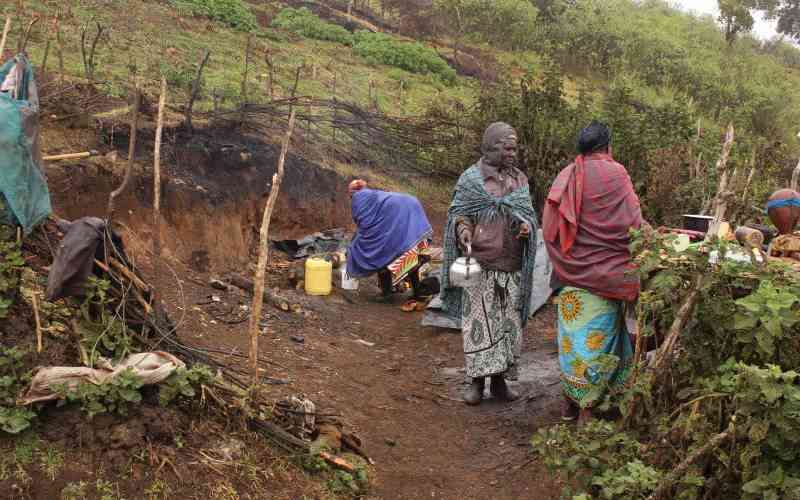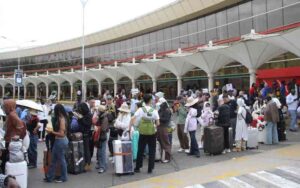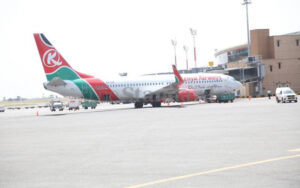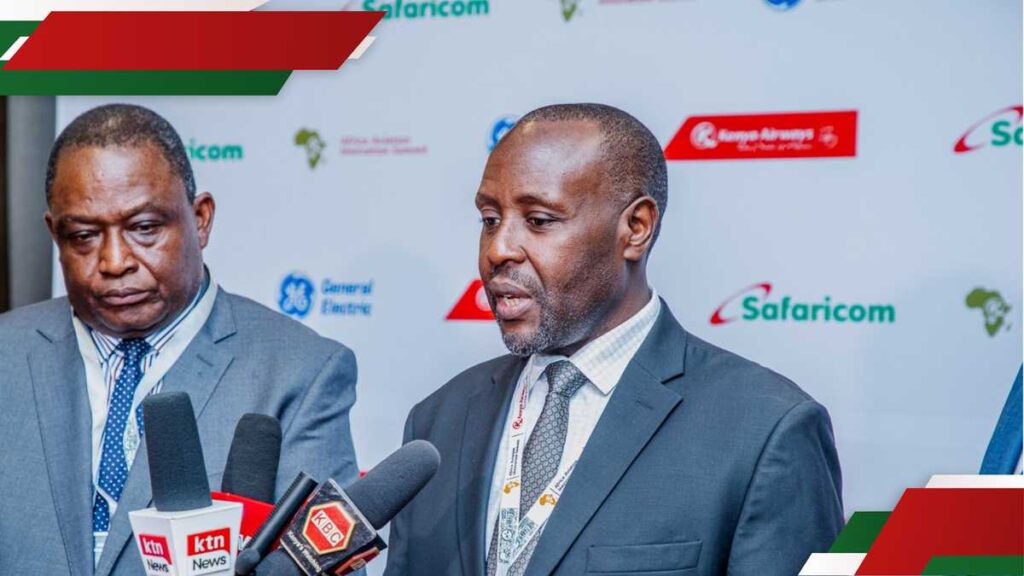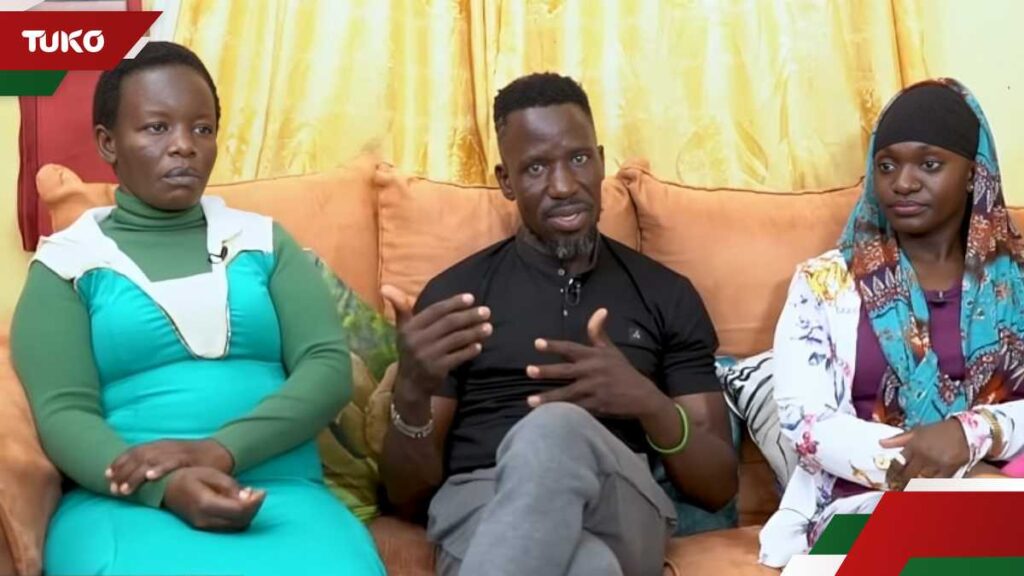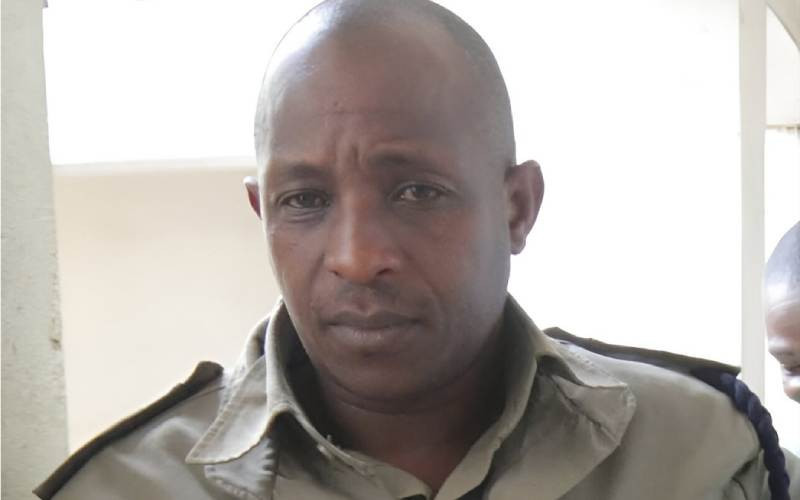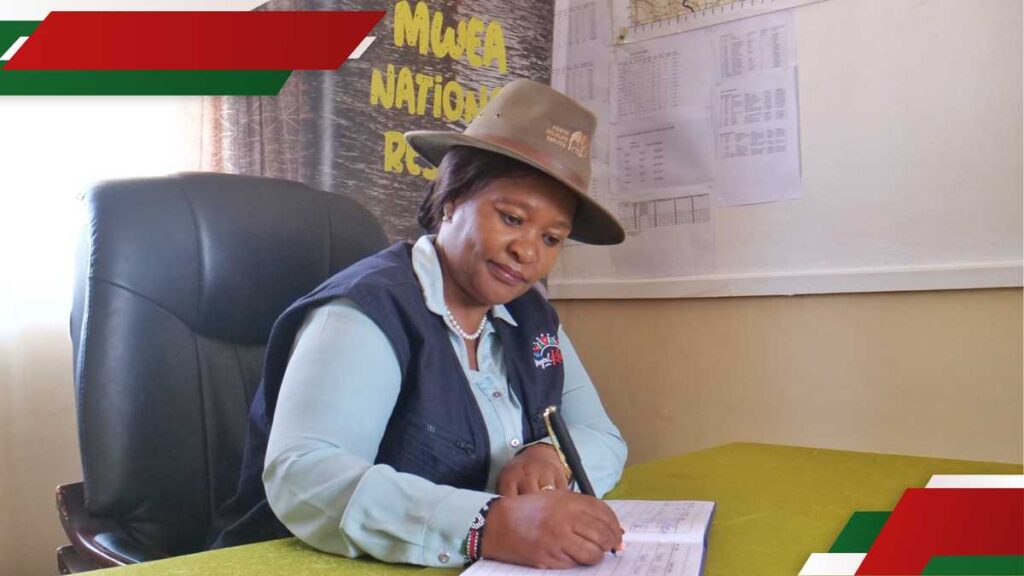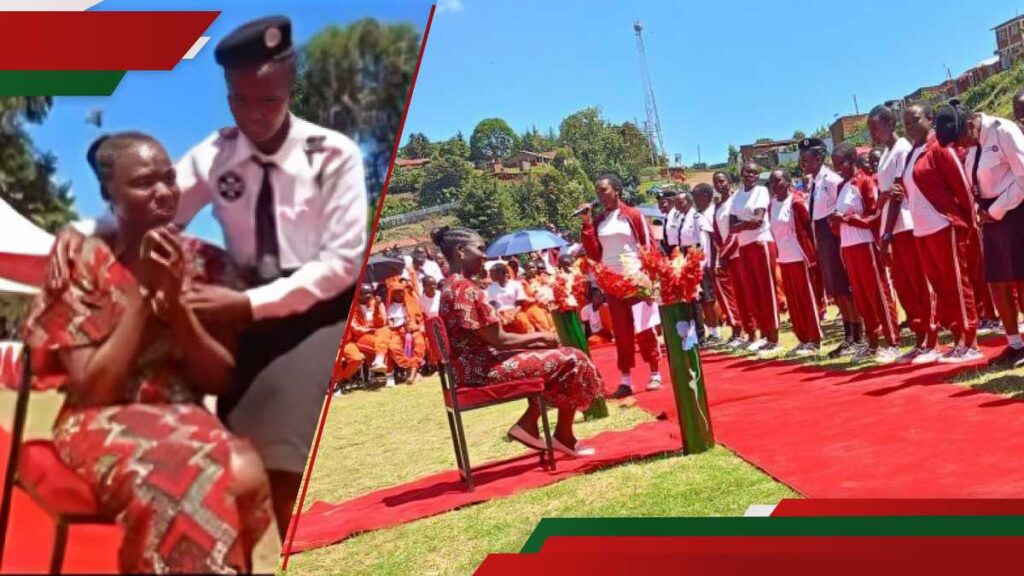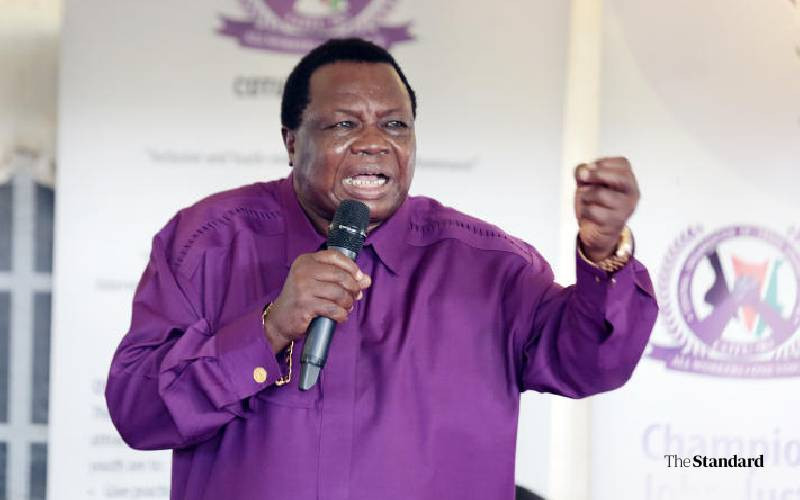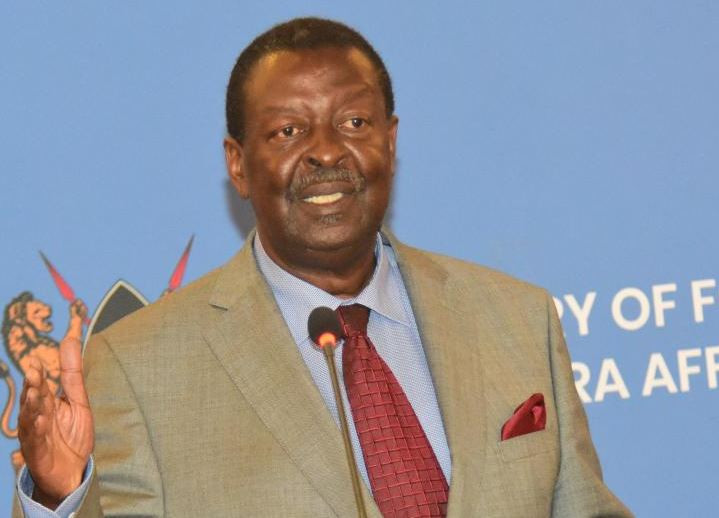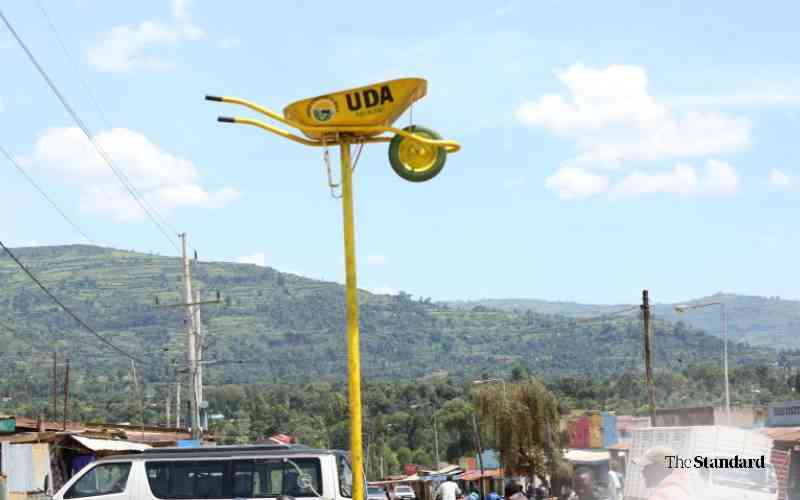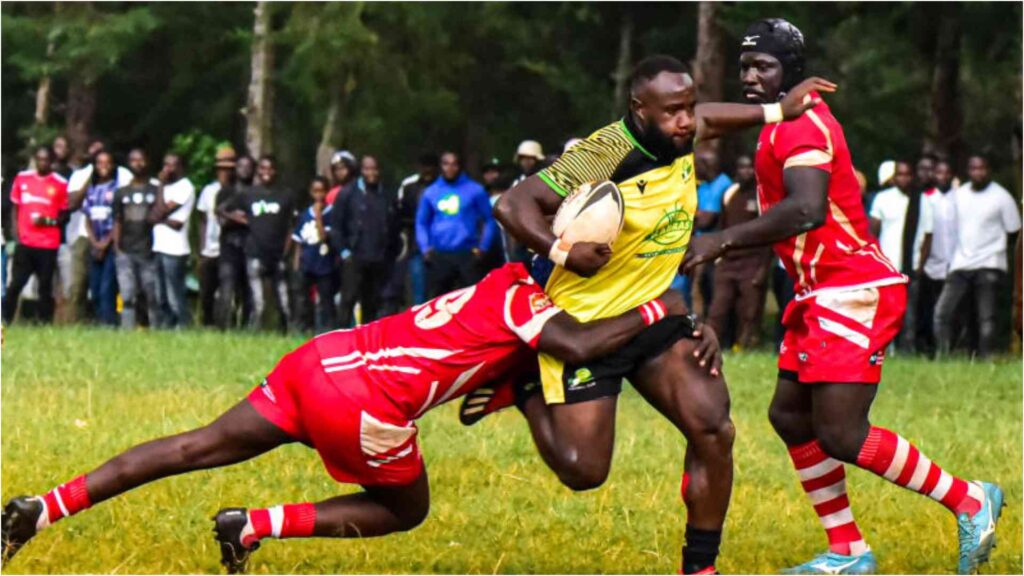The world is increasingly recognizing the critical role Indigenous knowledge systems play in sustainable development, climate action, and policy-making.
This was the key message during the opening day of the 4th International Conference on Indigenous-Led Research and Education, which kicked off on Tuesday at Zebu Lodge in Narok County.
The three-day conference has attracted over 150 participants from 15 countries. Among them are Indigenous leaders, researchers, youth, government representatives, academics, and global development partners.
ALSO READ: Climate action with fairness is the real deal
Organized by the Indigenous Livelihoods Enhancement Partners (ILEPA) in collaboration with the Pathways Alliance for Change and Transformation (PACT), the conference seeks to reframe global environmental and development discussions by placing Indigenous Peoples and their knowledge systems at the center.
Delegations from across Africa, Asia, and the broader international community, including Indonesia’s AMAN, Nepal’s CIPRED, and Cameroon’s CED, are participating in this unique platform.
In his opening remarks, Josphat Lowoi, Head of the Minorities and Marginalized Affairs Unit in the Office of the President, reaffirmed the Kenyan government’s growing commitment to cultural inclusion.
He highlighted that the newly established unit within the presidency is dedicated to promoting the rights and cultures of Indigenous and minority communities.
A dominant theme that emerged from the day’s discussions was the urgent need to decolonize research and academia. Speakers pointed out that while indigenous knowledge is increasingly being acknowledged, there is still minimal institutional investment in preserving, documenting, or teaching it from Indigenous perspectives.
Kimaren Riamit, Executive Director of ILEPA, addressed the historical imbalance in research. He noted that for too long, Indigenous communities have been treated as mere subjects of academic inquiry rather than agents and producers of knowledge.
“Research has been an instrument of power,” Riamit said. “Indigenous peoples have often been observed, written about, and spoken for—but rarely allowed to lead. This conference is about changing that narrative and reclaiming space for Indigenous-led inquiry and solutions.”
According to Riamit, indigenous communities have long practiced sustainable resource management and ecological stewardship. He believes these traditions offer essential strategies for today’s environmental crises, particularly climate change and biodiversity loss.
The role of youth was also highlighted during the opening session. Speakers stressed that Indigenous youth are not just knowledge recipients but also leaders and innovators in their own right.
The event marked the launch of PACT’s Youth Training Initiative, which is designed to empower early-career Indigenous scholars and ensure continuity of traditional knowledge into future generations.
“Youth are central to the evolution of our wisdom,” said one youth delegate. “We must not just inherit knowledge—we must apply it, defend it, and grow it.”
Stay informed. Subscribe to our newsletter
Prof Samson Mwabaga from Maasai Mara University emphasized the importance of connecting academic programs with Indigenous realities. He shared how the university incorporates local cultural and ecological systems into its curriculum through its “5M Community Impact Model”.
READ: Technology and innovation key to climate action
This approach includes the Maasai Mara Game Reserve, Mau Forest, Mara River ecosystem, Maa culture, and spiritual well-being—all foundational to the university’s community-centered mission.
“The university is strategically located and has a responsibility to engage with and promote the rich Indigenous systems surrounding it,” said Prof. Mwabaga.
Representing the county government, CECM for Tourism, Wildlife, and Culture, Johnstone Sipitiek welcomed delegates and lauded the significance of the gathering.
He also highlighted Narok’s adoption of the Maasai Mara Management Plan, a policy co-developed with local communities that integrates traditional ecological knowledge in the conservation of wildlife and ecosystem co-existence.
As the first day concluded, the tone was one of momentum and transformation. The Narok conference is not just a forum for dialogue—it is a turning point for how Indigenous knowledge is perceived, practiced, and positioned in global development discourse.


